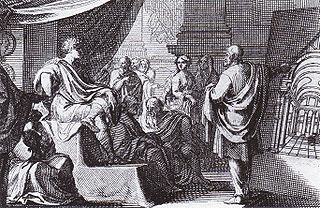A Quote by Freeman Dyson
I grew up in England and we spent most of the time on Latin and Greek and very little on science, and I think that was good because it meant we didn't get turned off. It was... Science was something we did for fun and not because we had to.
Related Quotes
I wanted to be a scientist. My undergraduate degree is in biology, and I really did think I might go off and be some kind of a lady Darwin someplace. It turned out that I'm really awful at science and that I have no gift for actually doing science myself. But I'm very interested in others who practice science and in the stories of science.
Science only means knowledge; and for [Greek] ancients it did only mean knowledge. Thus the favorite science of the Greeks was Astronomy, because it was as abstract as Algebra. ... We may say that the great Greek ideal was to have no use for useful things. The Slave was he who learned useful things; the Freeman was he who learned useless things. This still remains the ideal of many noble men of science, in the sense they do desire truth as the great Greeks desired it; and their attitude is an external protest against vulgarity of utilitarianism.
I'm not much of a math and science guy. I spent most of my time in school daydreaming and managed to turn it into a living. When I was making "Star Wars," I wasn't restrained by any kind of science. I simply said, "I'm going to create a world that's fun and interesting, makes sense, and seems to have a reality to it."
I have a friend — or had a friend, now dead — Abdus Salam, a very devout Muslim, who was trying to bring science into the universities in the Gulf states and he told me that he had a terrible time because, although they were very receptive to technology, they felt that science would be a corrosive to religious belief, and they were worried about it… and damn it, I think they were right. It is corrosive of religious belief, and it’s a good thing too.
It turned out I was pretty good in science. But again, because of the small budget, in science class we couldn't afford to do experiments in order to prove theories. We just believed everything. Actually, I think that class was called Religion. Religion class was always an easy class. All you had to do was suspend the logic and reasoning you were being taught in all the other classes.
My parents didn't know much science; in fact, they didn't know science at all. But they could recognize a science book when they saw it, and they spent a lot of time at bookstores, combing the remainder tables for science books to buy for me. I had one of the biggest libraries of any kid in school, built on books that cost 50 cents or a dollar.




































